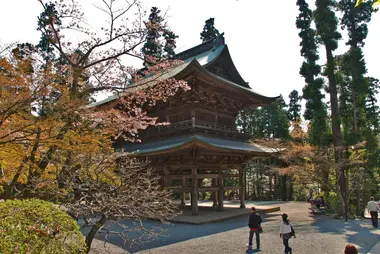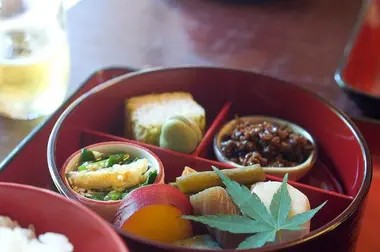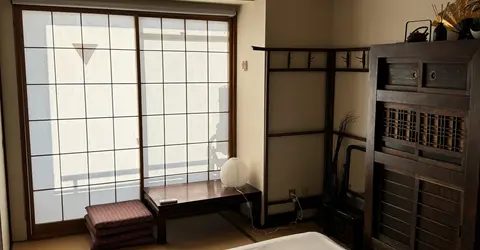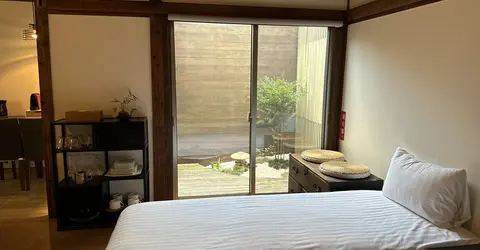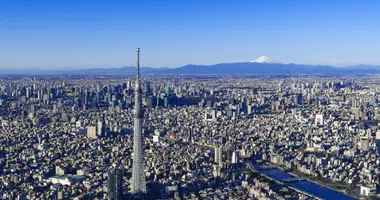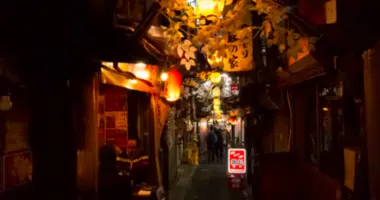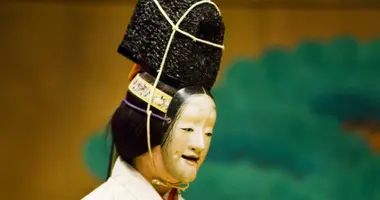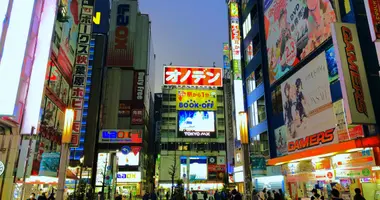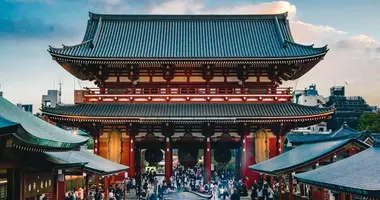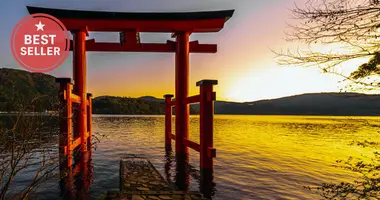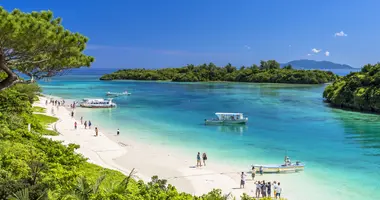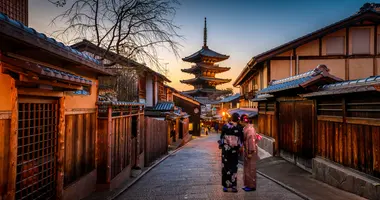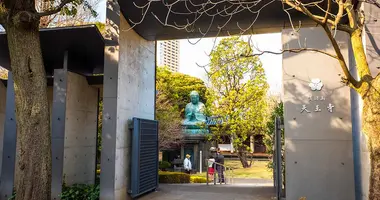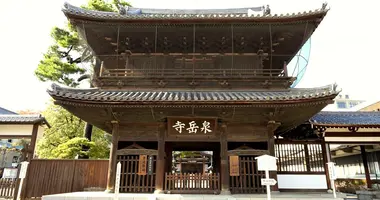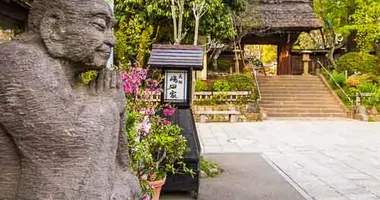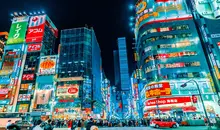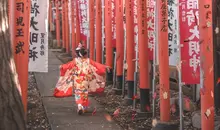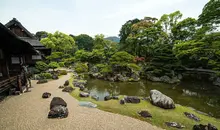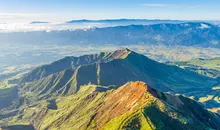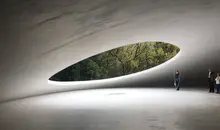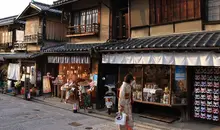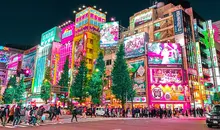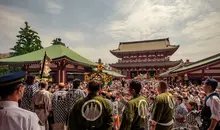Spiritual Retreats Near Tokyo
- Veröffentlicht am : 29/05/2020
- Von : Ph.L
- Youtube
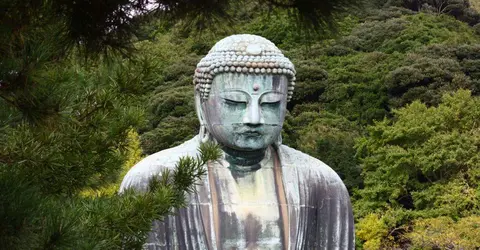
Great Buddha, Kamakura
I.D.O.
Découvrir l’art du zen à Tokyo et dans ses environs
Avec ses buildings et son centre bouillonnant, la trépidante Tokyo n’est forcément pas la ville à laquelle on pense lorsqu’on évoque les retraites spirituelles au Japon. Pourtant, la capitale japonaise regorge de temples prêts à accueillir les visiteurs étrangers pour une séance de détente. Entre retraites de plusieurs jours etsimples sessions de méditation collective, découvrez cinq endroits où pratiquer le zen au cœur de Tokyo.
Morning meditations at Kourin temple (Tokyo)
A stone's throw from Shibuya, the Kourin temple, has taught Zen since 1668. Affiliated with the Rinzai School of Buddhism, the temple offers several meditation sessions every morning.
Divided into two parts, 25 minutes each, these sessions (which start at 7:00 am sharp!) Will familiarize you with zazen, the seated meditation that Buddha himself would have adopted. The explanations are then in Japanese and English, and everyone is welcome, whether you are a beginner or a confirmed practitioner.
Note that the monks also give lessons in Shakyo (hand-copying of sutras) and Shabutsu (the practice of copying Buddha's image by hand), every day from Tuesday to Friday from 10:00 to 12:00.
- Read also: Zen temples of Kyoto
FURTHER INFORMATION
Address: 5-1-21 Hiroo Shibuya-ku, 150-0012 Tokyo
Registration: not necessary
Itinerary: 3 minutes walk from Hiroo station (Hibiya line)
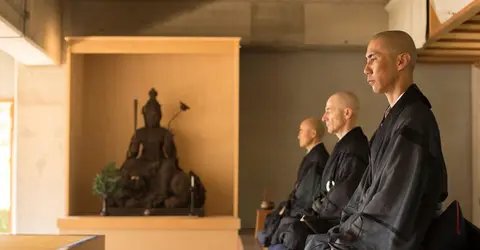
zazen meditation
visithiroshima
The art of zazen in Engaku-ji (Kamakura)
With the giant Buddha that made the area popular with visitors, it is not surprising that Kamakura is part of our selection. Among the temples here, it is Engaku-ji that interests us.
Founded in 1282 this old Buddhist temple offers several zazen sessions every Saturday. The "classes" are then divided by level, with an hour of meditation for beginners from 1.20 to 2.20 p.m. Then a session for advanced practitioners from 2.40 to 3.40 p.m. The monks also run a 60-minute session open to all every 2nd and 4th Sunday of the month from 10:00 to 11:00 a.m. This is preceded by a Japanese sermon from 09:00.
- Read also: Zen temples of Kamakura
FURTHER INFORMATION
Address: 409, Yamanouchi, 247-0247 Kamakura
Registration: not necessary
Price: 300 yen (US $2.78)
Directions: 5 minutes walk from Kita-Kamakura station (Yokosuka line)
Meditate at the weekend in Kounji (Tokyo)
Kounji is a small temple hidden away in the district of Setagaya. Attached is the school of Soto Zen temple that organizes classes open to beginners every Saturday night (17:00 to 19:00).
Training, tips and readings of sacred texts, meditation sessions are akin here to real courses where strictness is required.
- Read also: Top 5 unmissable Shinto shrines in Tokyo
If you are advanced in the learning of zazen, note that a special 2.5 hour session is organized every first Sunday of the month. Starting at 6:30 a.m, the latter is even followed by a traditional breakfast, to reward the students for their hard work.
FURTHER INFORMATION
Address: 7 Chome-12-22 Kinuta, Setagaya-ku, 157-0073 Tokyo
Registration: not necessary
Price: 400 yen (US $3.71)
Directions: 10 minutes walk from Soshigaya-Okura station (Odakyu line)
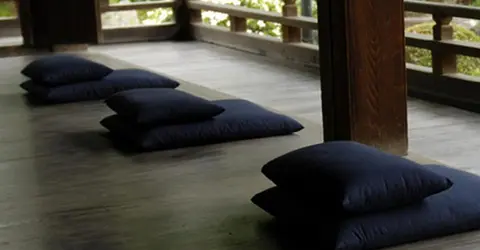
In Tokyo, some temples offer structured courses to learn the basics of Zen
ryosokuin officail website
A one week retreat at Narita-san Shinshoji temple (Narita)
If you are looking for total immersion, the spiritual retreats of Narita-san Shinshoji temple may interest you. Ranging from 3 days and 2 nights, to 7 days and 6 nights, these long stays are ideal for discovering Zen in its purest state.
In the program? Zazen and Shakyo will be there in a calm and peaceful setting, where no phone or exit will be allowed. The temple rules are very strict. A medical check-up is requested before the start of the retreat, and people suffering from chronic illnesses who require daily medication will unfortunately not be able to participate.
FURTHER INFORMATION
Address: Narita-san Shinshoji Temple, Chiba prefecture Narita-shi, Narita 1
Registration: go to the temple to contact the registration service (the medical examination will be done in a designated hospital).
Price: 5,000 yen (US $46.48) for a stay of 3 days and 2 nights, and 1000 yen (US $9.29) extra per day
Itinerary: 8 minutes on foot from Narita station (Narita, Narita Express lines)
- Read also: Zen, a school of Japanese Buddhism
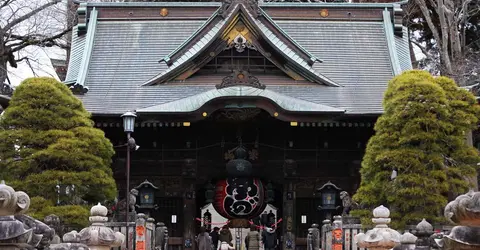
Naritasan Shinshoji is one of the few temples near Tokyo to accept multi-day spiritual retreats
Flick/midorisyu
Five days of intensive course at Toshoji International Zen Center (Tokyo)
Twice a year, the Toshoji International Zen Center welcomes foreign visitors for five intensive days of Zen practice.
Responding to the principle of Sesshin ("touching the heart-mind"), the courses are not only about meditation. Spiritual walks, readings and shakyo, here the students exercise in "full awareness" of each of their activities from 04:00 to 21:00. Therefore they fully embrace their spiritual side since the goal is above all to reconnect with oneself, in its most complete form.
FURTHER INFORMATION
Address: 4 Chome-5-18 Yutakacho, Shinagawa, 142-0042Tokyo
Registration: send your request in English or Japanese by email (official temple website)
Price: 3,000 yen (US $27.89) per day, possible retirements in April and December.
Itinerary: 10 minutes walk from Nishi-Oi station (Yokosuka line)
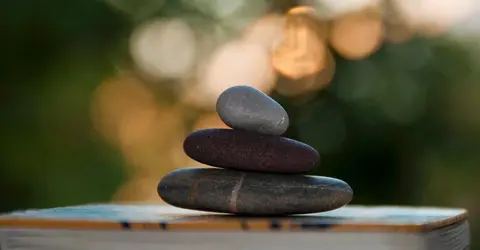
In Tokyo too, spiritual retreats are possible!
Flick/Pepe Calderas
